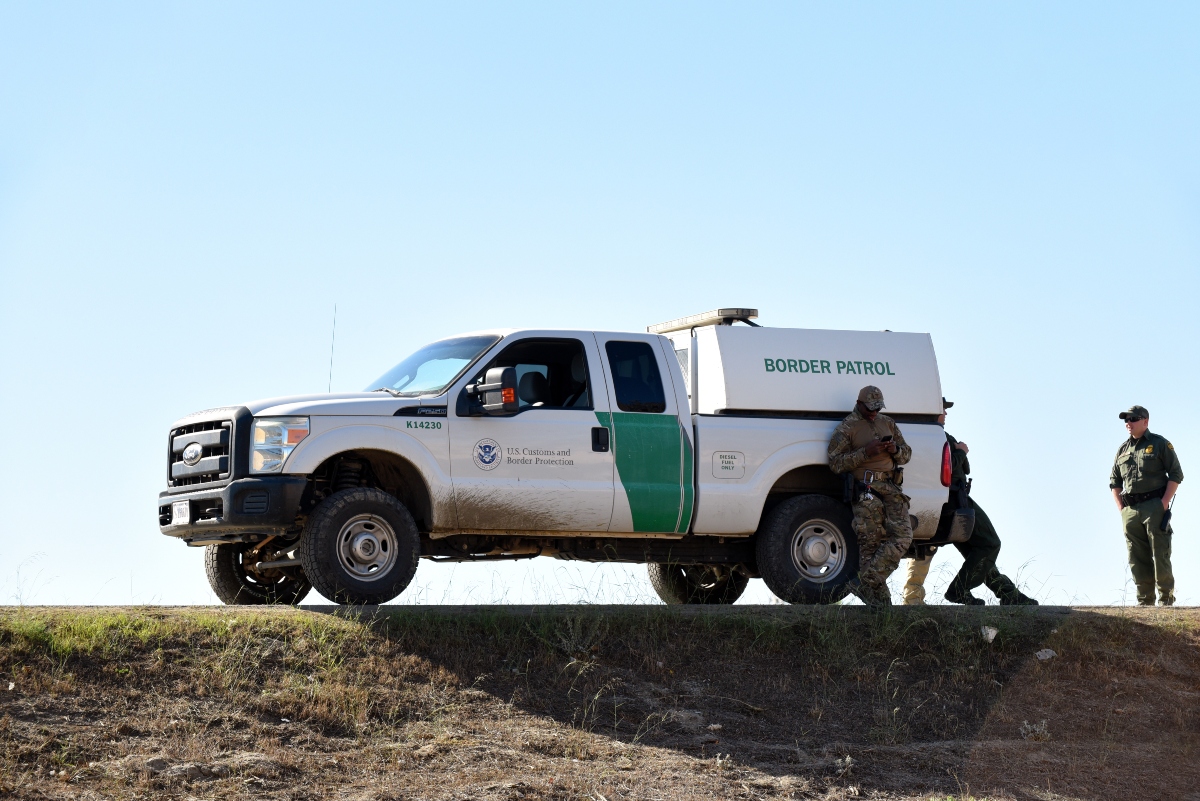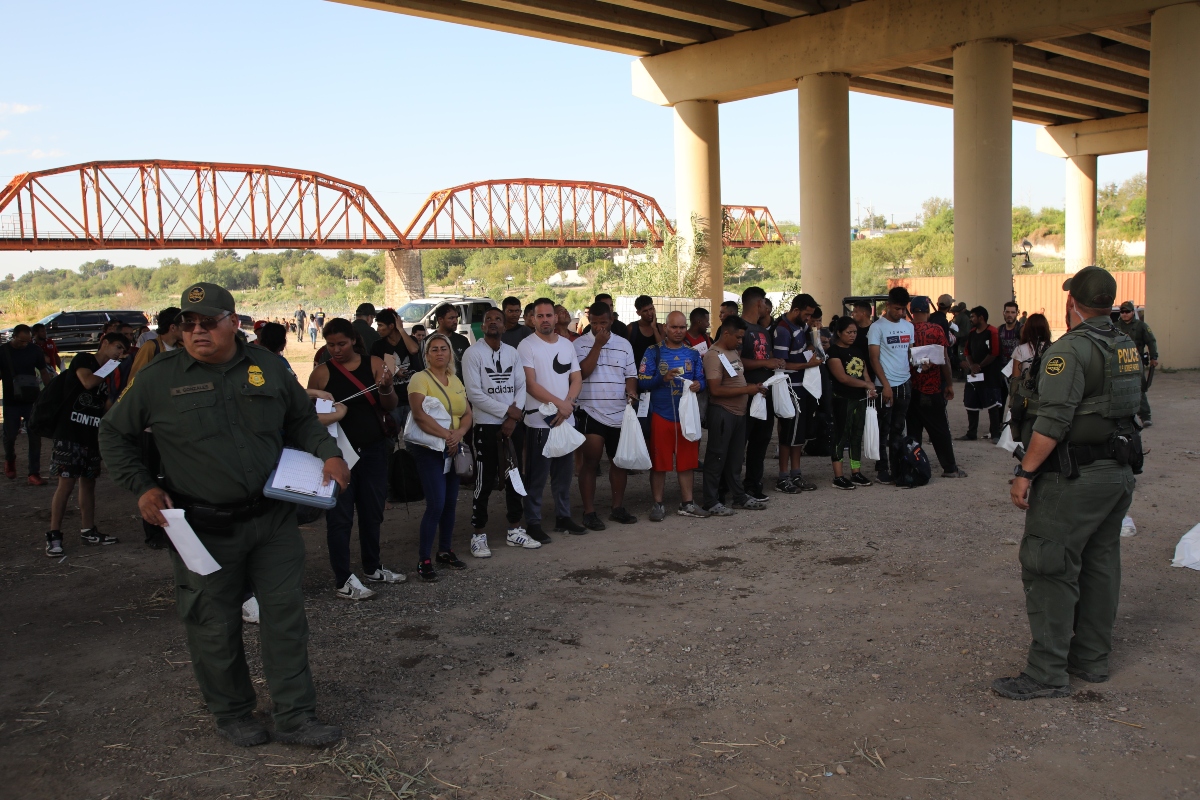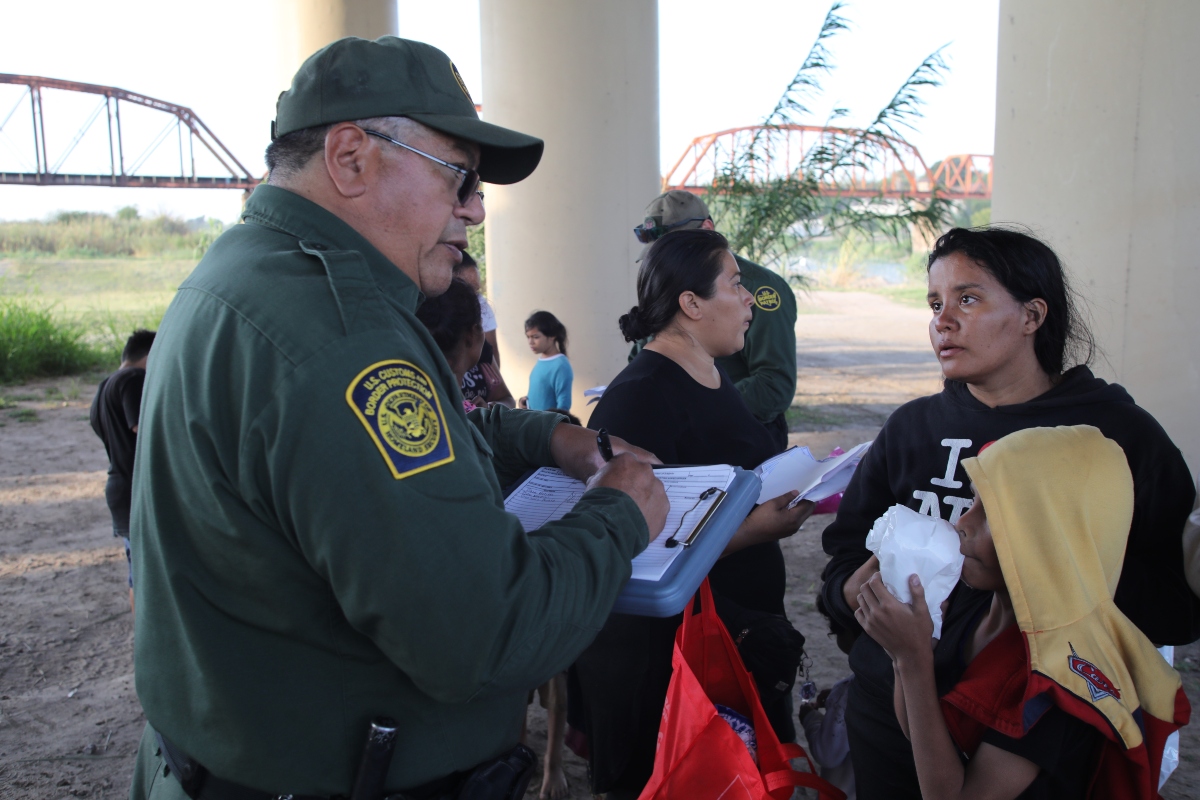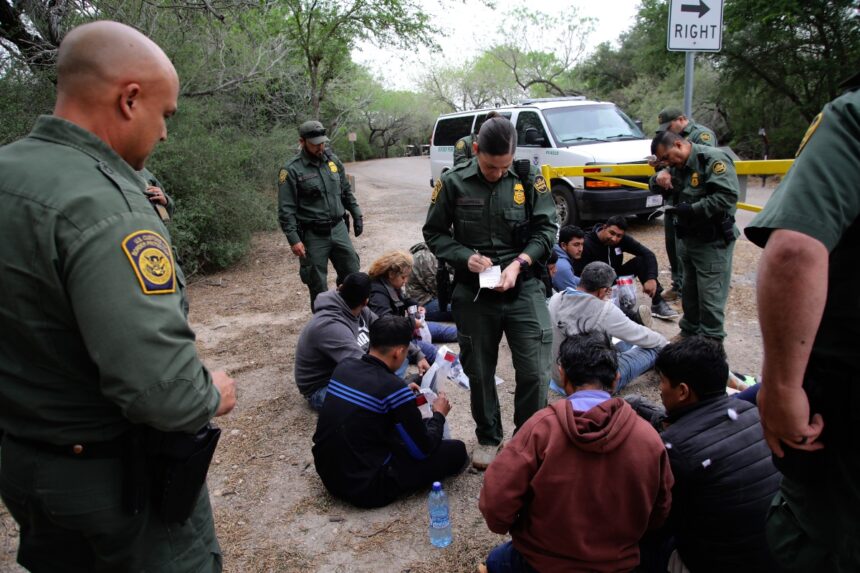Under the Donald Trump administration, the U.S. Border Patrol has significantly expanded its operations to detain immigrants far beyond the southern border, operating in cities such as Los Angeles, New York, Sacramento and Ventura (California), in public spaces such as courthouses, parks and shopping malls.
A law passed in 1946 and subsequent regulations allow Border Patrol agents to operate within a radius of up to 160 km (100 miles) from any border, including coasts.
Border Patrol Legal Jurisdiction

The swath encompasses densely populated cities throughout the U.S. where arrests and warrantless searches can be conducted.
Historically, the agency operated near the U.S.-Mexico border, primarily in surveillance, drug trafficking, human trafficking and illegal border crossings.
Now, with border crossings at historic lows, the strategy has shifted to the interior of the country.
The regional chief in Los Angeles, Gregory Bovino, stated after a raid in MacArthur Park that these tactics will recur in urban districts, “We will go where we want, when we want, in Los Angeles.”
Mayor Karen Bass denounced the operation as a “political spectacle” and called it unconstitutional, seeing armed agents, armored vehicles and federal cavalry operating in a public park.
Legal criticism and humanitarian risks

Legal experts such as César Cuauhtémoc García Hernández (Ohio State University) warn that these urban tactics transfer “aggressive techniques” from the constitutionally flexible border zone to the rest of the country, impacting civilian communities without reasonable suspicion.
Former CBP chief Gil Kerlikowske questions whether this deployment of urban agents diverts resources from organized crime or human trafficking investigations.
Their absence at the border may weaken collaboration with local agencies.
Recent operations in major cities

In MacArthur Park, Los Angeles, there were raids with heavily armed officers and military presence, relocating children from summer camps and homeless people.
In New York, agents detained immigrants at courthouses and public communications, including residents with legal documents.
In Ventura and Sacramento, massive raids were conducted in businesses and community spaces under the same expanded authority.
La Patrulla Fronteriza ha incrementado aun más sus operativos y detenciones contra los indocumentados
La Migra and its warnings
Vulnerability to arrests without cause: people can be detained without direct suspicion of a crime, even in cities far from the border.
Legal uncertainty: increased risk of detention of legal residents or citizens who fail the continuous presence test.
Community unrest: In sanctuary cities like Los Angeles, these operations disrupt trust between Latino communities and authorities.
Need for legal support: stresses the importance of defending rights, knowing legal remedies and seeking advice in the event of interior arrests.
The Trump administration expanded the Border Patrol’s operational radius inside the U.S., with agents arresting immigrants in urban areas well away from the border, covered by a 1946 law.
Legal experts and advocates warn of erosion of civil liberties and diversion of critical resources.
For the U.S. Hispanic community, this approach represents a profound change in immigration policy, with direct impact on security, rights and community cohesion.
Find out more at ‘QueOnnda.com’.














